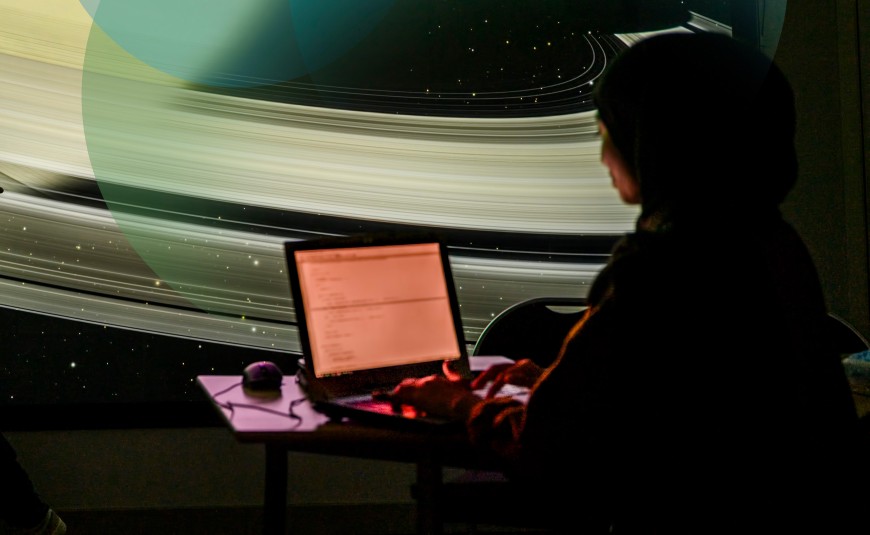
This winter, learn about Sustainable and Resilient Energy at TU Darmstadt
From 6 to 8 December 2022, Unite! students get free access to the first edition of the Unite! winter school on Sustainable and Resilient Energy, which will take place in Darmstadt.
Unite! is glad to invite you to join the Unite! Winter School on “Sustainable and Resilient Energy for Europe”, from 6–8 December 2022 in Darmstadt. The Winter School is aimed at doctoral students, postdocs, practising engineers and researchers from the fields of energy systems, energy policy and energy economics. It will explore scientific and technical aspects of the production and use of carbon-free and sustainable energy storage systems such as hydrogen and iron, as well as the socio-economic aspects such as multi-level governance of hydrogen strategies. Participants will gain a unique insight into current challenges and solution approaches in an energy landscape that is changing daily. The Winter School will take place as a hybrid event.
Relevant information
Registration is open until 15th of November 2022
- Meals are free.
- Free accommodation for 20 members/ graduates of Unite! Universities.
About the organisers
The Darmstadt Graduate School of Energy Science and Engineering at TU Darmstadt offers PhD students optimal conditions to develop their scientific skills in a concentrated way and to cooperate within a highly motivating interdisciplinary environment. The Graduate School emerged in 2012 from the Excellence Initiative of the German federal and state governments. The aim of the Darmstadt Graduate School of Energy Science and Engineering is to train the energy engineers of tomorrow in a multidisciplinary field of competence. The PhD students are thus given the opportunity to master the demanding scientific, technical, economic and social challenges in an interdisciplinary approach. The main task is the sustainable transition from fossil, non-renewable primary energy sources of today to renewable and environmentally friendly energy resources of tomorrow.
